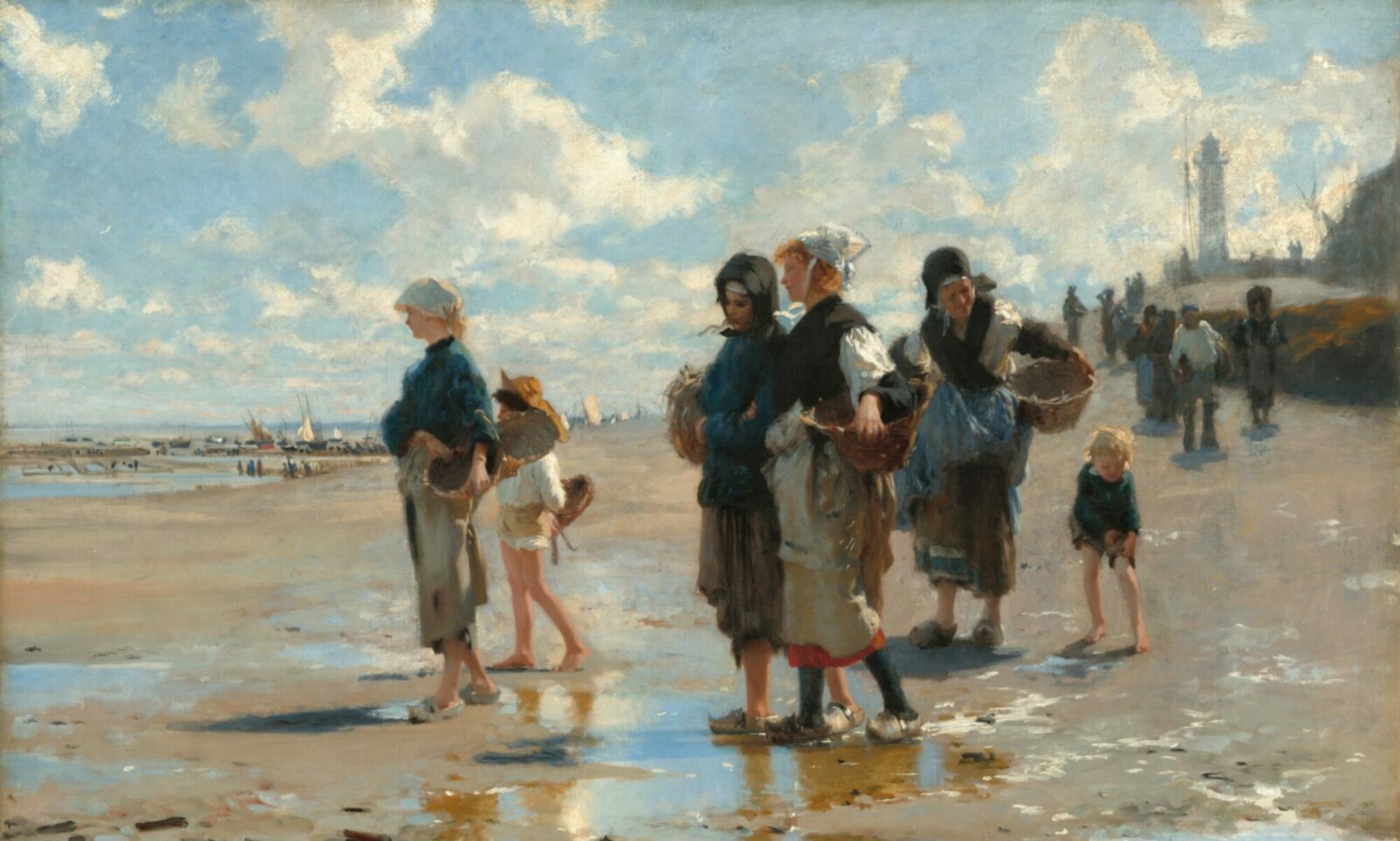All experts agree that the climate crisis is the challenge of the 21st century and that a race against time is on. A race to try to preserve our natural habitat in its beauty and diversity, to protect our ecosystems, our natural resources and pass them on to future generations. Beyond the political and legal agreements that are essential to prepare the future, change requires an evolution of mentalities, a different way of considering the place of humans in nature.
This change in mentality can be brought about by artists, who have the capacity to change the way we look at the world, and who produce universal messages. And because the place of digital technology in the social debate is growing, because consciences are now also forged online, we decided to focus on these digital artists who take up the theme of life and biodiversity: they contribute to the emergence of a consciousness to think about the reconciliation of humanity with itself and with life, and represent, in an assertive way or not, a form of Art committed to the environment that we could call green artivism.
This is why Culture For Causes Network organized a digital art exhibition at UNESCO HQ on November 25 and 26, 2022, on the occasion of Earth University. Iconic works were exhibited in situ and a virtual gallery extend this art installation into dematerialized space.
The works presented explore the theme of the reconciliation of humanity with itself and with the living, with the aim of questioning our species on the necessity of the change of posture that we must adopt towards the other forms of life. They invite humans to a face-to-face encounter with living beings in order to underline the interdependence, the history and the common destiny of species, but also the certain interest in an intelligent cohabitation. Whether it is through a meditative contemplation of the living, through the borrowing of facts and scientific data from biology or the theory of evolution, biodiversity is at the heart of this exhibition. The works also invite a poetic reflection on the reconciliation and co-habitation of species.
Visitors were able to contemplate the works of zancan (France), Refik Anadol (United States & Turkey), Sofia Crespo & Feileacan McCormick (Argentina and Norway), Polina Kuznetsova (Ukraine), Nikolina Kovalenko (United States), Di Couto (Brazil), the generative art collective Phaust (United Kingdom), and the international environmental graphics from The 4th Block, PosterTerritory and Biophilia.
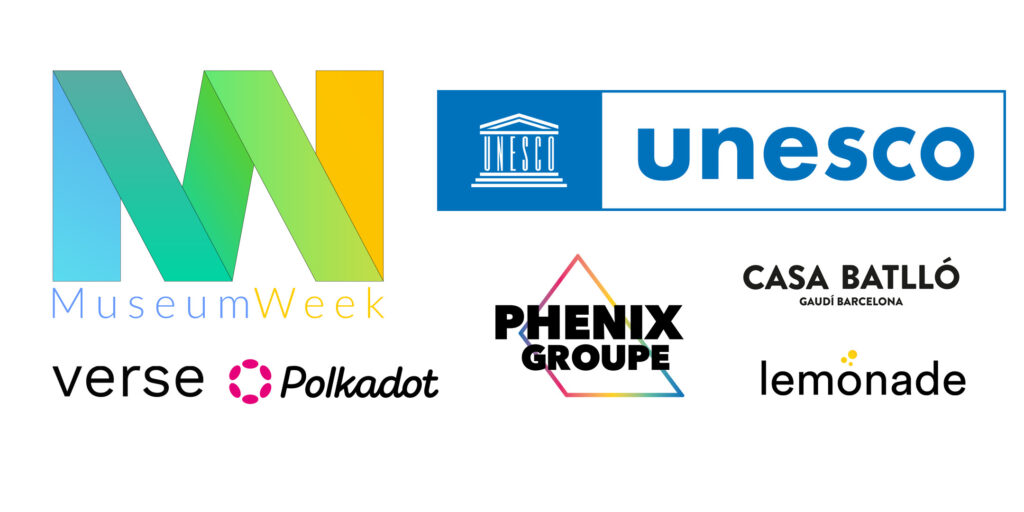
Pictures
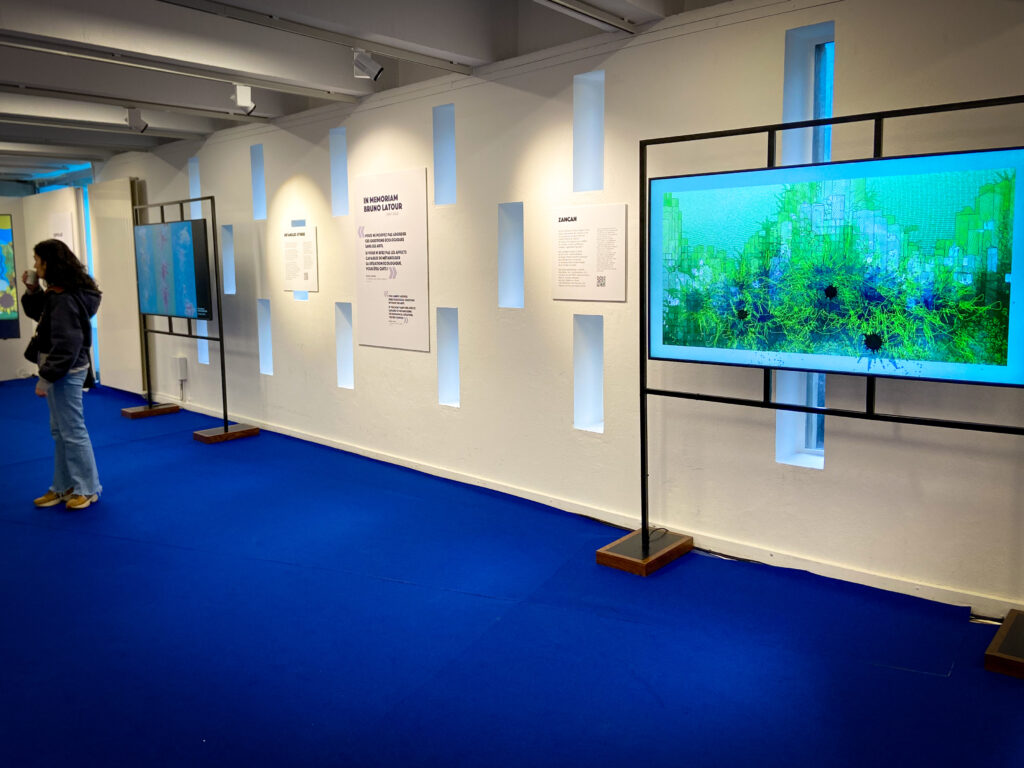
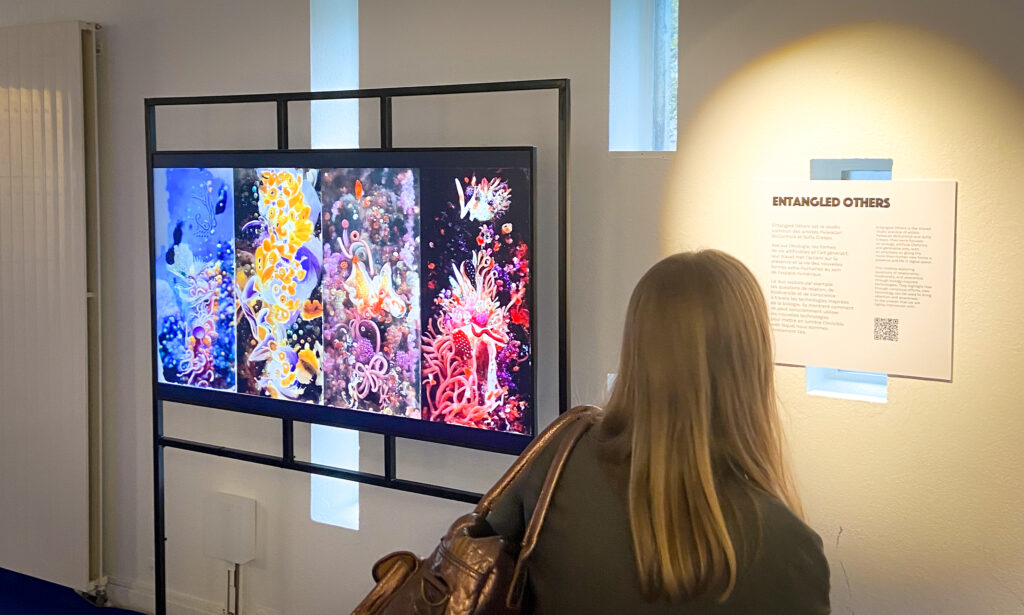
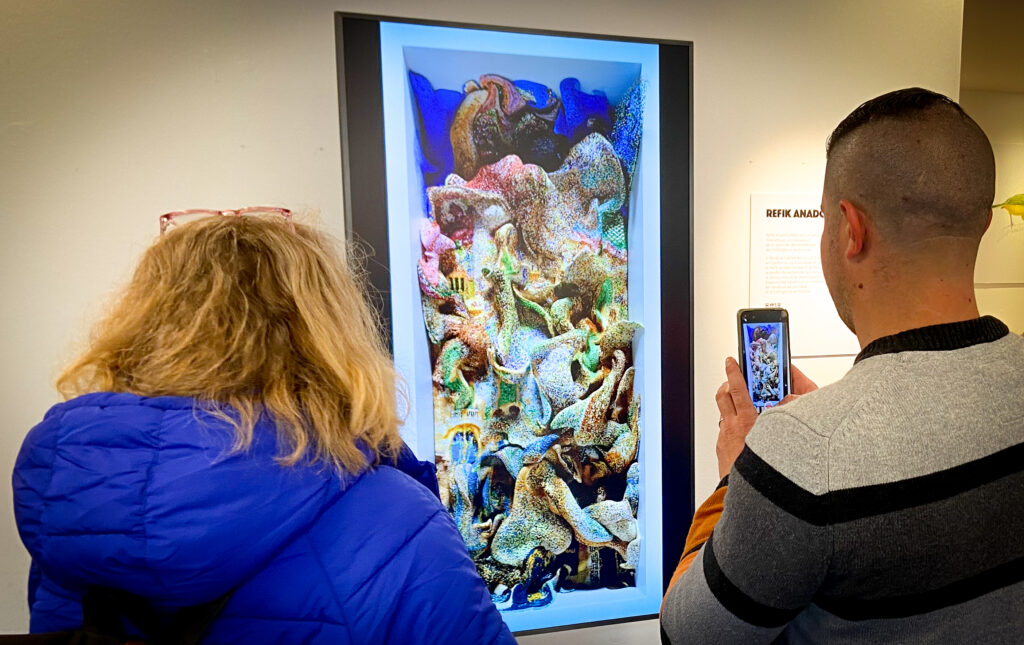
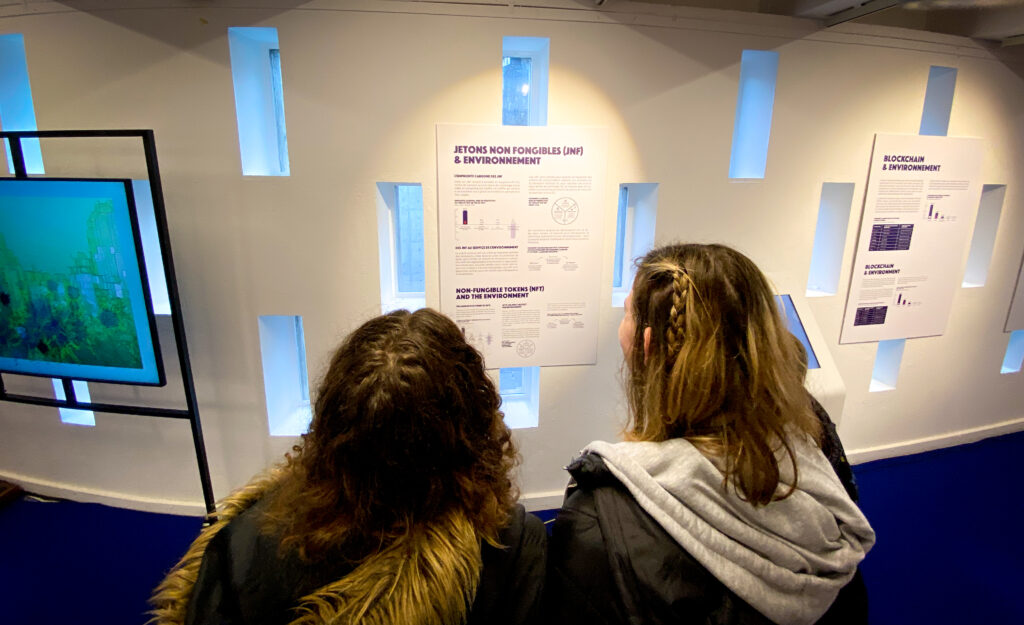
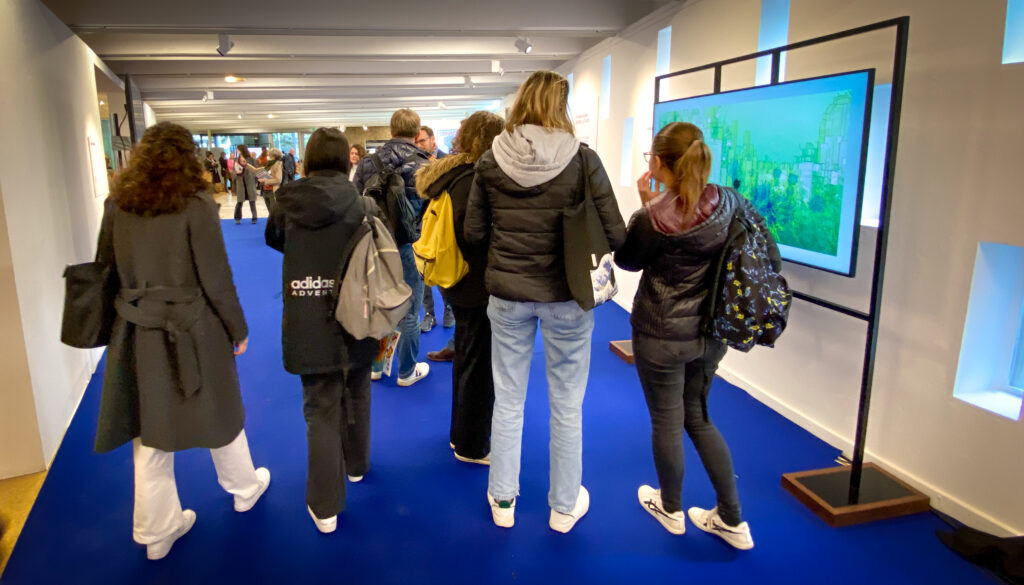
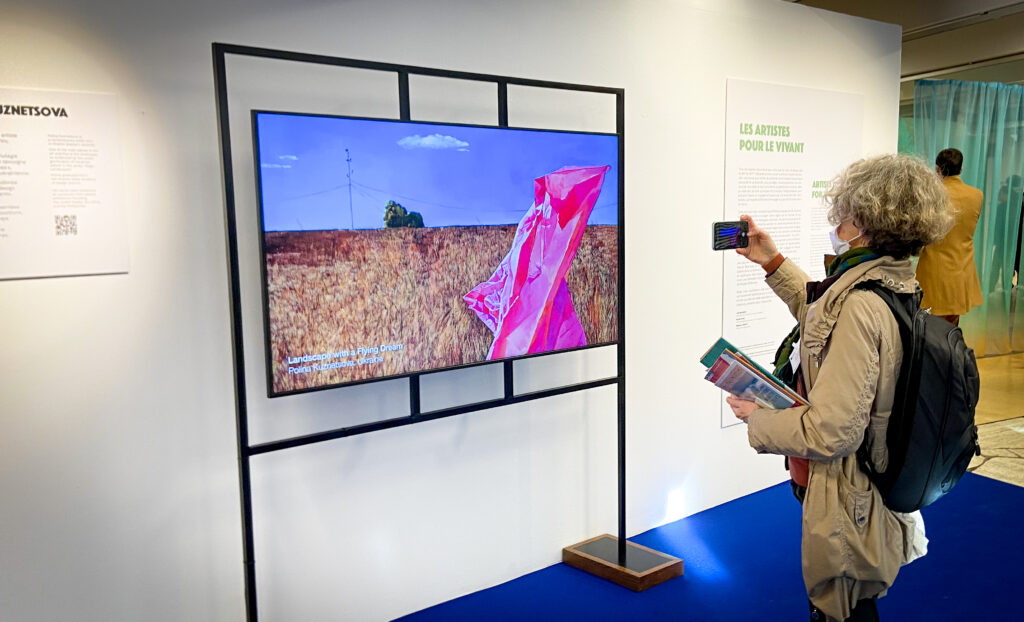
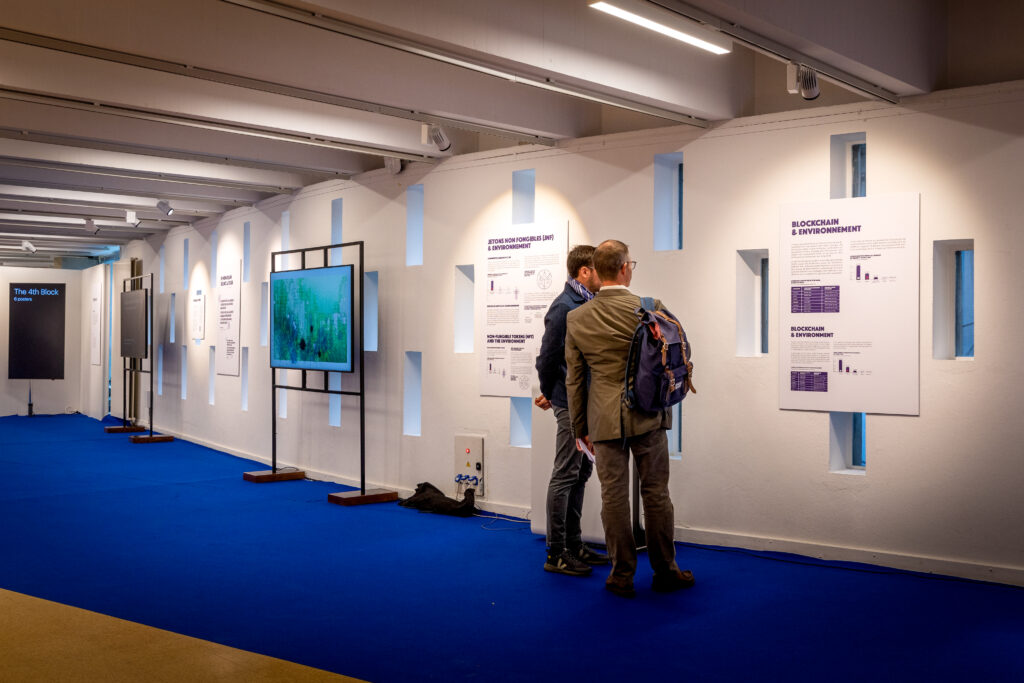
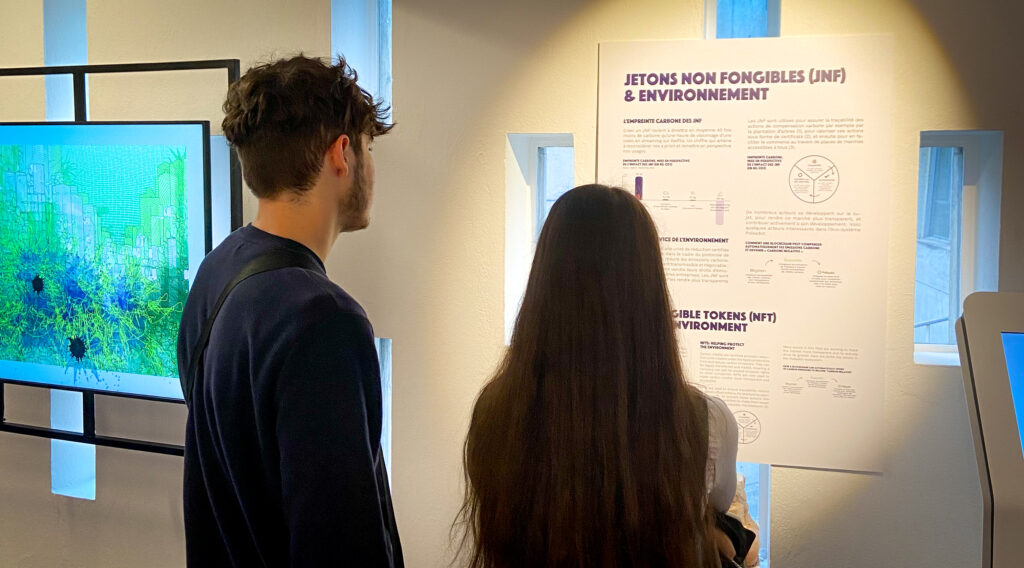
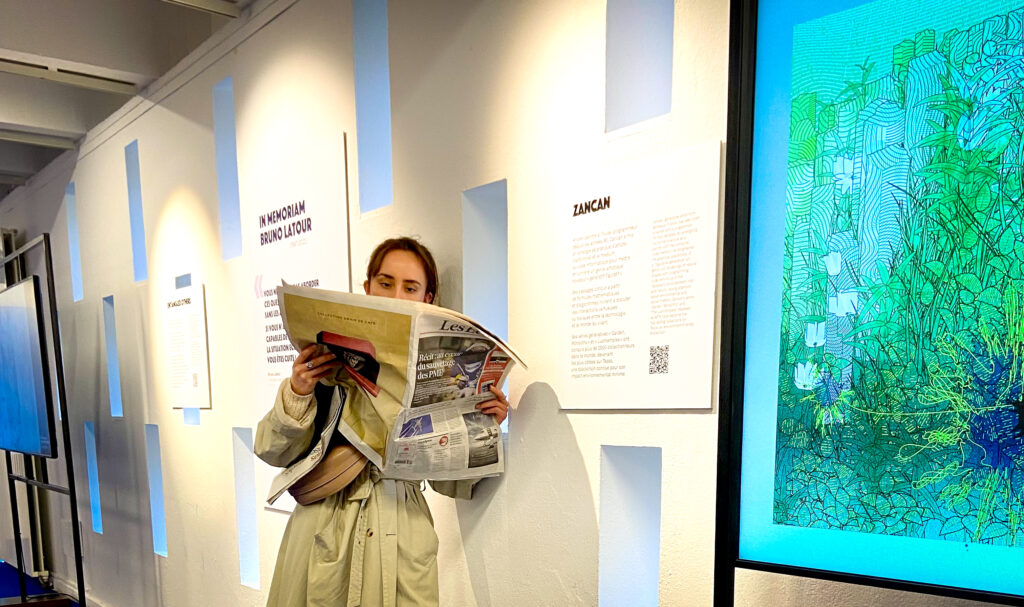
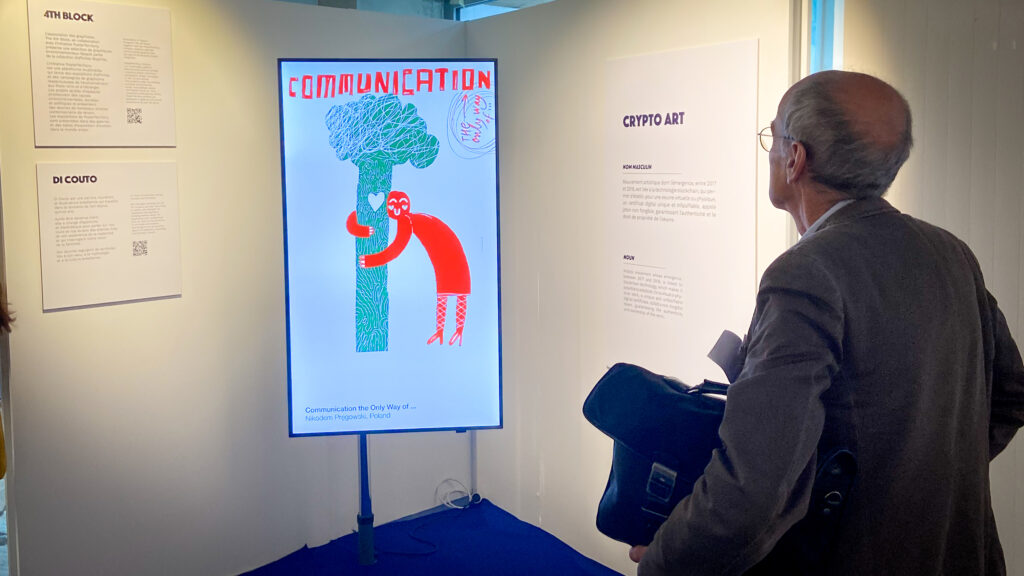
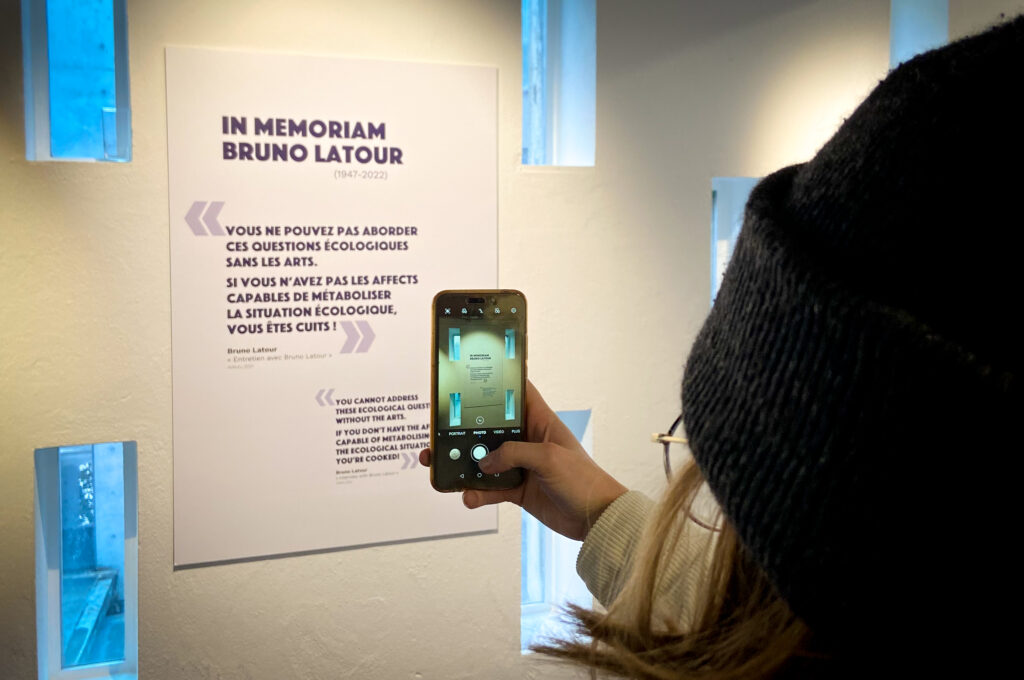
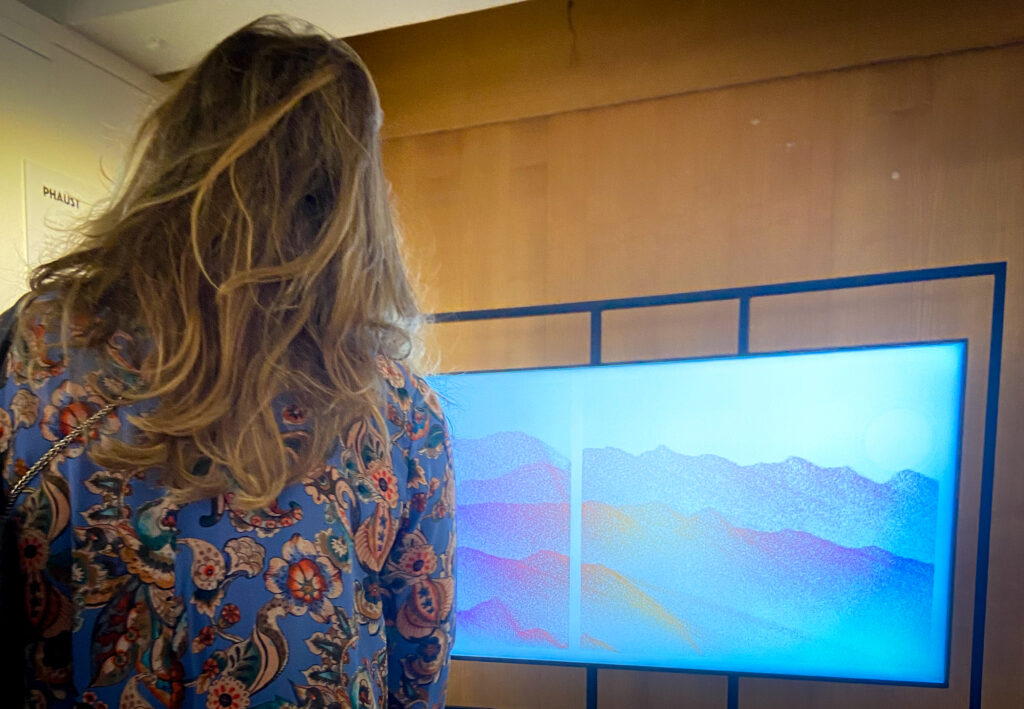
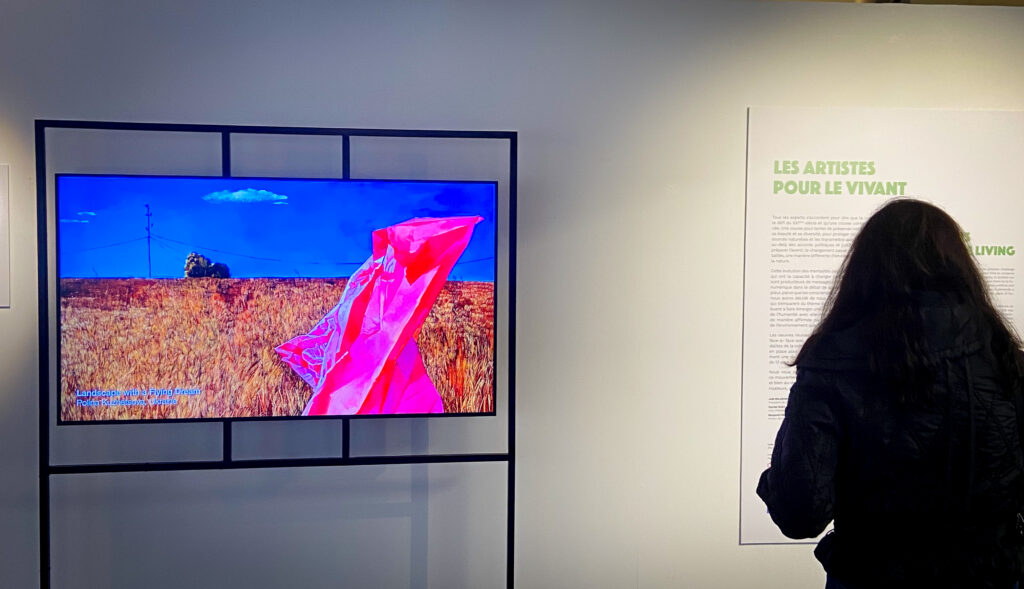
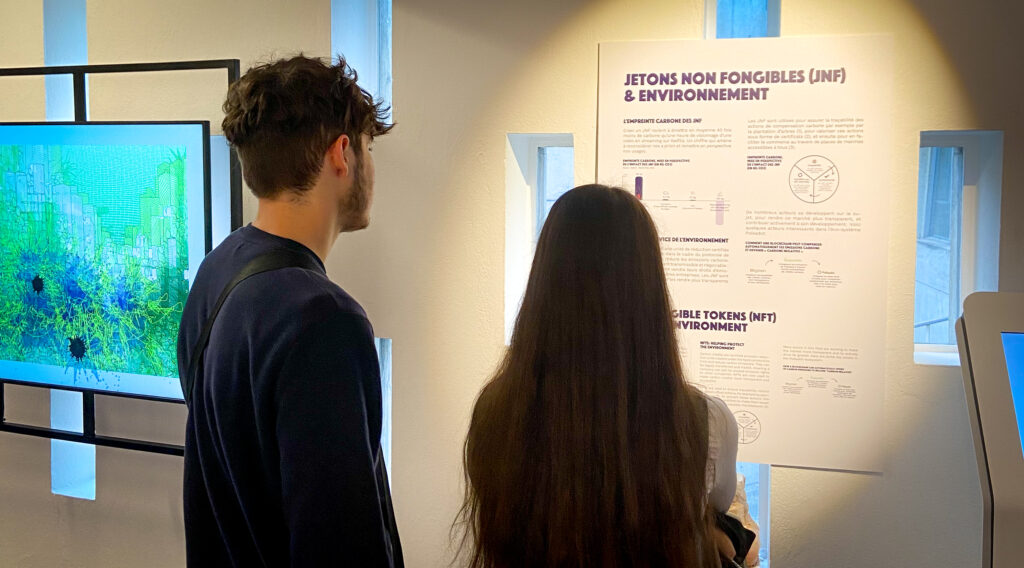
Brochure
Round table • replay
Blockchain technology is frequently criticized for its potential impact on the environment, which has implications for the world of non-fungible tokens (NFTs). The alleged high level of energy consumption associated with this technology raises legitimate concerns about climate change.
However, the truth of the matter is often obscured by common misconceptions. In this round-table discussion organized by MuseumWeek on 26 November 2022 at UNESCO HQ (Paris) on the occasion of “Reconciliation with the living”, 4 high-level actors from the world of blockchain industry explored these issues to bring light on the environmental impact of blockchain technology and NFTs, but also on the contributions of NFTs in supporting the environmental cause.
